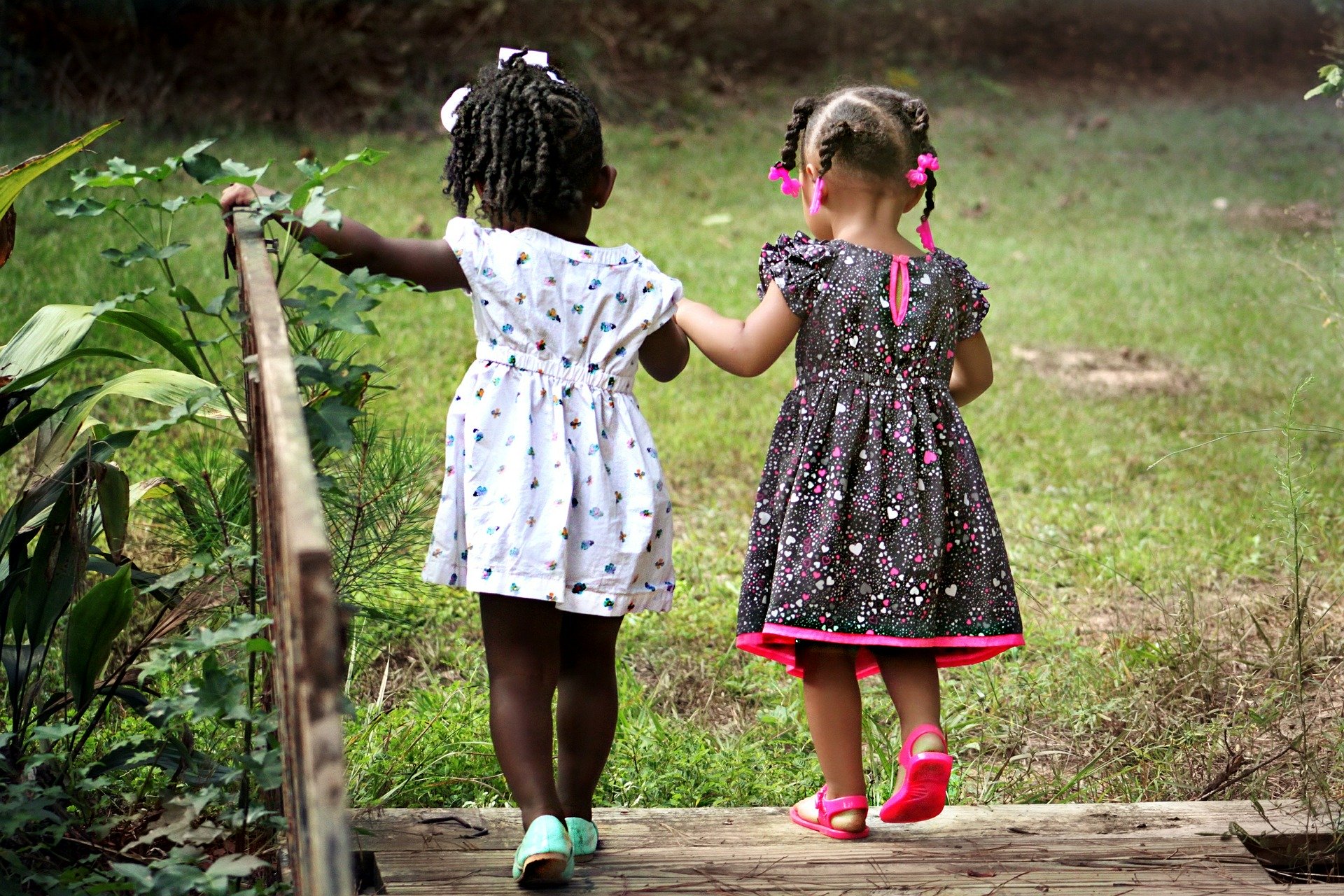General information about speech and language development

One of the most important tools a child can possess, is the ability to communicate effectively. This places a huge responsibility on early childhood practitioners, together with parents and carers, to ensure children are given support and encouragement to become powerful and effective communicators.
Communication provides the basis of thinking and interaction with others and enables us to:
- Understand and share ideas and feelings
- Negotiate with others
- Think and talk about things that have happened in the past
- Look forward to and plan events in the future
- Solve problems and explore possibilities
- Develop imaginative ideas
Supporting children to develop their communication skills, is a key element of early years practice, and it can be exciting, fun and rewarding to see them making progress.
What do we mean by speech, language and communication and what’s the difference?
Speech is the ability to combine sounds together to say words.
Language is the ability to understand words and sentences, so that we can follow what is being said to us. It involves organising our thoughts and ideas, using appropriate vocabulary, into grammatically correct sentences ready for talking.
Communication is the ability to say the right thing, at the right time, in the right way. It involves using speech and language skills to send the messages we want to convey to others and to understand the responses.
Non-Verbal Communication (NVC) is the ability to understand and use gestures, body language, facial expressions, our voice and situational clues to help communicate our message.
From Elklan’s Early Language Builders:
Even very young babies communicate. They cry to tell you their needs and they soon develop the ability to give and return smiles. In time, they learn some gestures that are used in their own culture, such as waving goodbye or giving high fives.
Spoken language is a more complex code. Young children first learn to understand words and phrases that they hear often. They then begin to use spoken words and, in time, phrases and sentences. Most pre-school children will have some immaturities in some of the speech sounds that they use. The development of speech sounds and combining them within words, usually develops in a certain order and the majority of children are school age, before they are able to say all the sounds as an adult would.
Number 1: Good practice
Developing sustained shared thinking
A nursery setting wanted to maximise the interaction opportunities arising from activities shared by children and adults. They wanted to develop more sustained shared thinking, where adults and children worked together to solve a problem or extend an interest or activity, with all parties contributing ideas.
This way, the children would learn to develop their ideas more independently and the adults would gain a better understanding of the children’s skills, knowledge and understanding.
They agreed to…
- Observe children’s play and listen carefully to their conversations and ideas
- Discuss with the children what they are doing, using open-ended questions, such as “what do you think will happen if….?”, “how shall we….?” and “what do you think we should do?”
- Support the children to build on their ideas, while continuing to allow them to lead
- Resist taking over the play and finding solutions when problems arose, instead supporting the children to find their own answers
Here’s an example of where this worked…
Ben and Jack (aged 4) were in the pre-school room, arguing over a superhero costume. Sophie, the practitioner, went over to support them.
She held the costume and encouraged the children to discuss the problem, providing vocabulary where it appeared to be needed, such as “is that making you feel angry?” and posed open questions like “what can we do, so you both feel happy?”.
When Jack suggested they share, Sophie followed this up by asking, “how can you share one costume?”. The boys decided between them, that one would wear the cape and the other would wear the bandana!
Number 1: Great idea
Sometimes it is good to get things wrong! Children love to correct adults and this can really motivate them to talk…plus it’s fun!
So, from time to time…
- Forget the words to a song or rhyme
- Search for something you know the children can easily find
- Make statements you know are wrong, such as “this cat’s got three eyes” or “I’m eating a banana” (when it’s actually an apple)
- Forget how to do something, such as putting a puzzle together or building a brick tower
